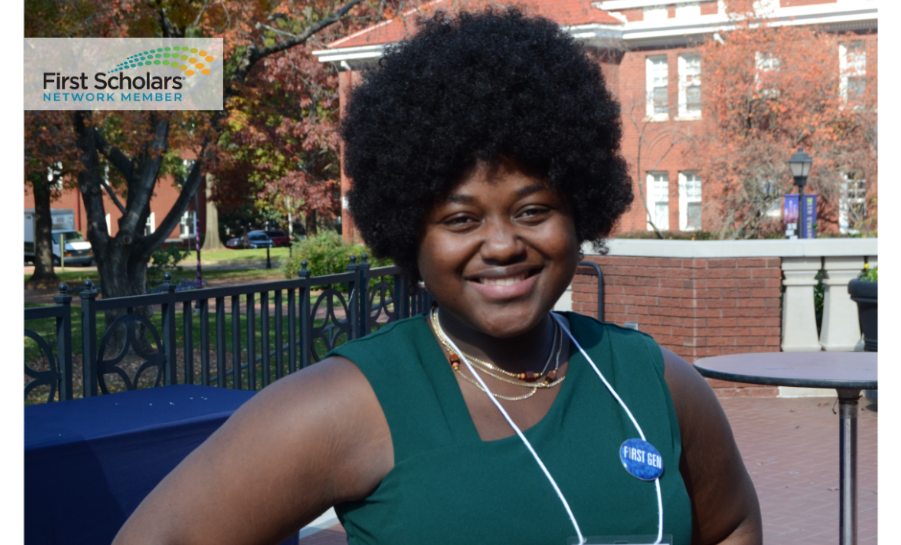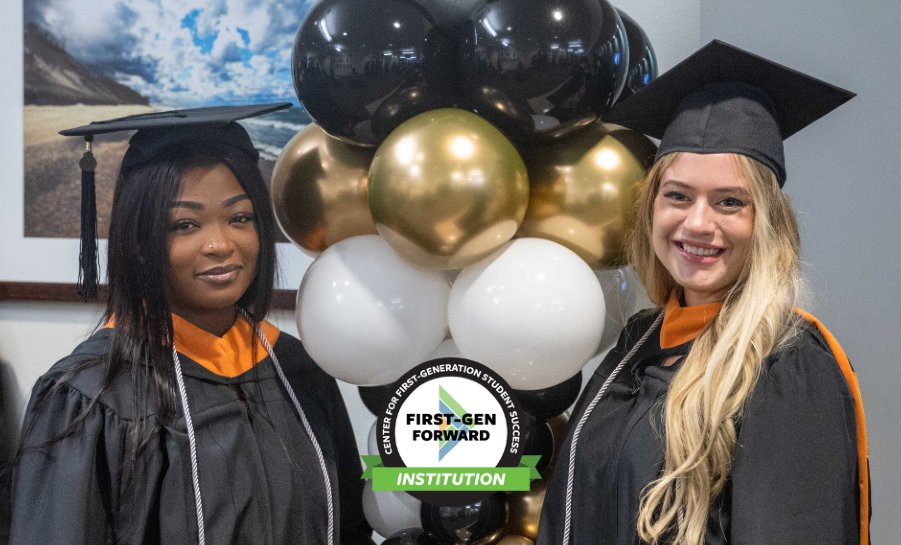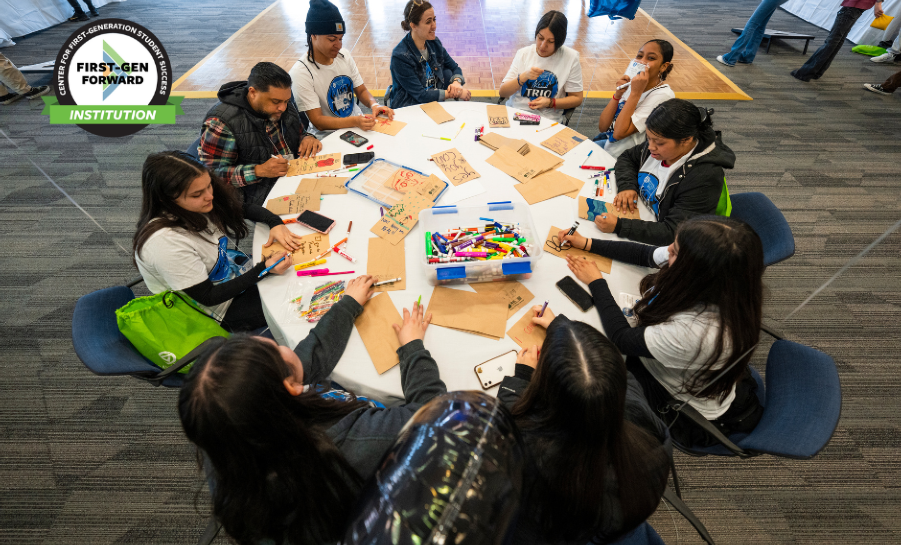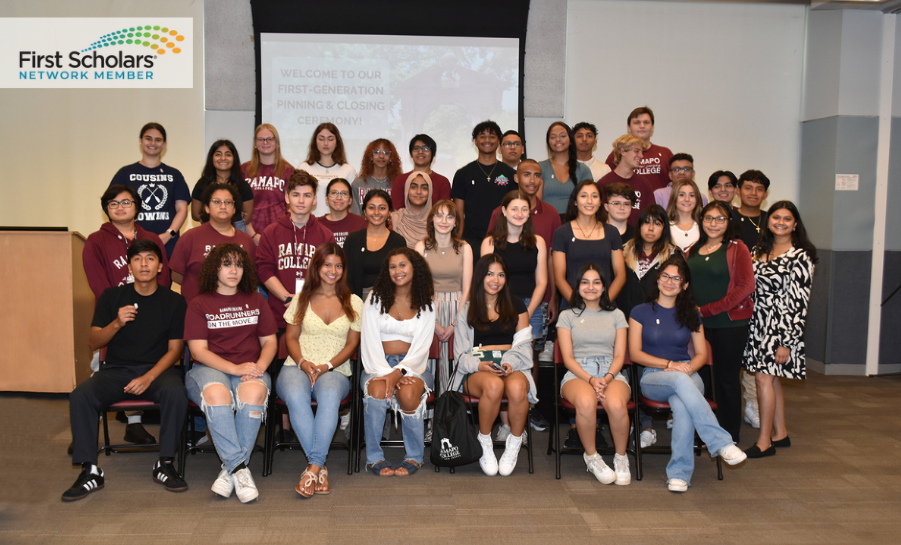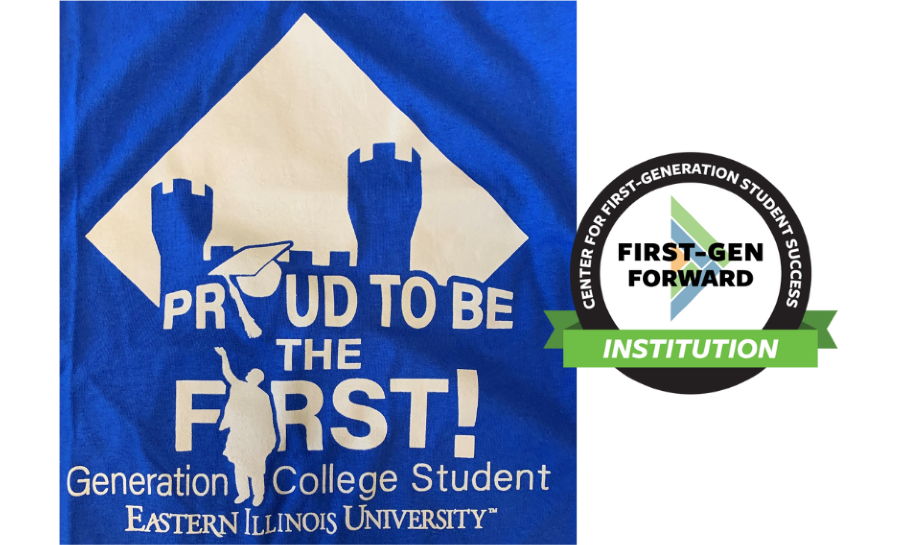Top 10 Ways Universities Can Help First-generation College Students Succeed
Paige Illum, Alexandra Leugoud, & Sara Kline, Avila University / FirstGen Forward / October 17, 2023
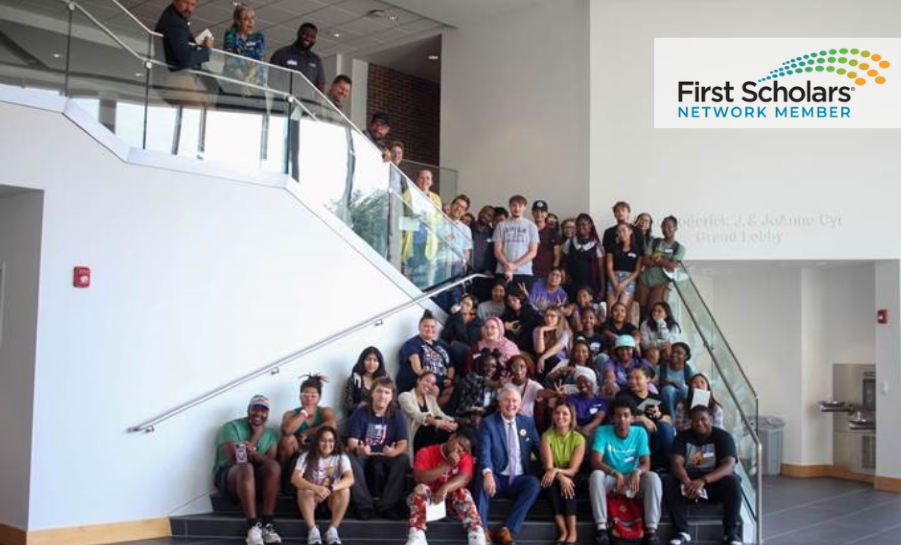
Starting college is often an exciting, yet overwhelming experience. Students are venturing out of their comfort zones to further transition from adolescence to adulthood. This transition can find students confused, scared and anxious about making the right decisions without parent guidance.
For first-generation students, these feelings may be even more prevalent, as parents do not have a reference point to guide students through the difficulty in balancing it all. With this in mind, Avila University has created a few ways to help first-generation college students succeed. Here are the top 10 ways colleges and universities can assist first-generation students:
1. Peer Mentor Programs
Pair incoming students with peer mentors and create situations for interaction between the two. It is no secret when you feel like you are not alone, you are more apt to adapt to difficult challenges. A peer mentor program allows students to meet with older students and learn how to better navigate the changing landscape of college life. A student who has gone through the experience can provide the empathy and guidance the new student is seeking. At Avila, all first-year and new-transfer students are paired with an undergraduate peer mentor who can answer questions and provide support. These first-year mentors are a part of our first-year orientation and our First Year Seminar (FS101) course. Transfer mentors also help acclimate students during orientation by providing information and success tours, which involve showing students where their classes are located. They plan social events throughout the year to help with belongingness. These relationships prove to provide added confidence among students (Friend, 2019).
2. Create and Require Enrollment in First Year Seminar
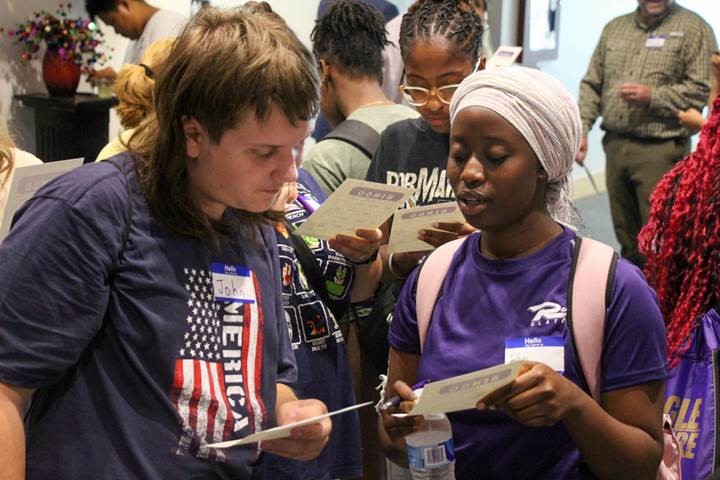
Many college campuses offer first year introductory courses to provide the necessary skills students need to succeed, tailored to the specific needs of college life. Students are usually required to enroll in these first-year seminar courses. At Avila, in addition to the usual content, we have included a Resiliency curriculum covering 8 characteristics of resiliency. Created by Deborah Olson-Morrison, PhD, LCSW, RPT-S, Chair of the School of Social Sciences, BSW Program Director and Assistant Professor of Social Work, this course provides essential skill development around areas that prove to enhance student resiliency and make it less likely for them to drop out of college (Olson-Morrison & Illum, 2023). This course also helps educate students about resources available at Avila and humanizes these offices by inviting staff members to present in class. Putting a name and face with a department creates a personal connection for students and makes it more comfortable to engage with the appropriate staff or department.
3. Build Faculty or Staff Mentoring
According to Friend (2019), first-generation college students relate to imposter syndrome and may not have as great of a reference as to what to expect when entering college. Faculty and staff mentors can assist with this. First-Generation students find success when connecting with adults on campus. At Avila, students have the opportunity to connect with Success Coaches, staff members who specialize in college success. Meeting regularly with these staff members fosters a personal relationship, providing a safe place for students to share their concerns, difficulties, and celebrations. Faculty Mentors provide industry knowledge to students within their respective fields as well as additional academic support.
4. Invite Parents or Guardians to Summer Registration and Fall Orientation
To ensure the success of the new student, it is important to include parents/guardians in all programming (Irlbeck et al. 2014). Additional parent programming is also recommended. This allows parents to learn college processes so that they can help support their student and be aware of college and academic expectations. At Avila, parents/guardians are invited to orientation registration programs in which there is specific programming for the parents. Additionally, both students and parents are encouraged to know how to access the student handbook. This resource explains many of the policies and procedures the student will encounter during their academic career. Before classes and possibly before registration, parents and students should be encouraged to inquire about real college cost as well as scholarship and payment options.
5. Help Students get Socially Involved
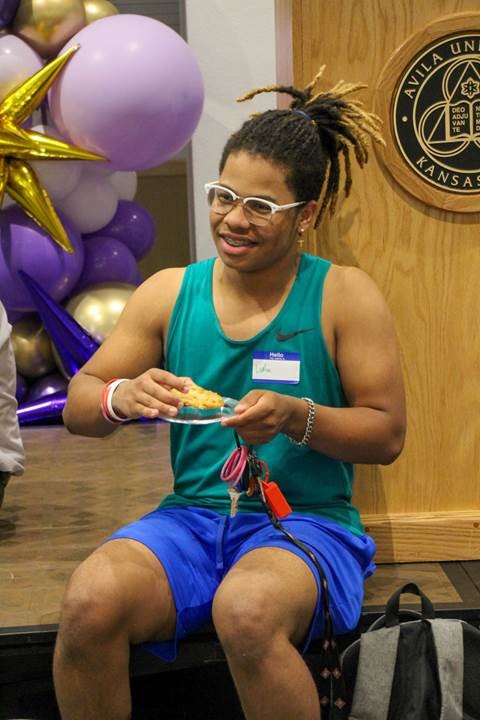

According to Irlbeck et al. (2014) first-generation students experience higher levels of success when connected to social and religious groups on campus. At Avila, we host an involvement fair every fall and picnic every spring to encourage students to check out all that is offered on campus. This promotes community and student involvement by providing a fun atmosphere complete with games, giveaways, and free food as well as information about student events and support offices.
6. Normalize Asking for Help
All students have questions about college, and that is even more true for first-generation students. Cultivate a culture of asking for help around campus. Use everyday interactions as learning opportunities as you ask for help from or collaborate with other offices in the presence of students.
7. Publicize Academic Support
Campuses have a wide variety of academic support available to students, but many students do not utilize these services or know of their existence. At Avila we publicize our support systems by creating marketing materials including planners, pens, sticky notes, note pads, and highlighters. We are very determined to provide promotional materials that also enhance student success. Additionally, Avila provides numerous outreach opportunities throughout the year in a variety of different formats including TV announcement slides, social media, e-mail and text announcements, posters, events, and informational tables.
8. Assist Students in Developing their College Support System
Identify the people who can help support students reach their goals. These supporters could include parents, siblings, family, friends, faculty, staff, coaches, advisors, and mentors along with many others (Irlbeck et al., 2014). The more people students feel comfortable turning to, the more successful they will be in college. Avila is a small university with a close-knit campus. Students often see members of their support system around campus, outside of the roles they are used to seeing these professionals. Interacting with a professor in the dining hall or seeing your academic advisor going for a walk around campus helps build these relationships on a more human, personal level.
9. Capitalize on Academic Advisors
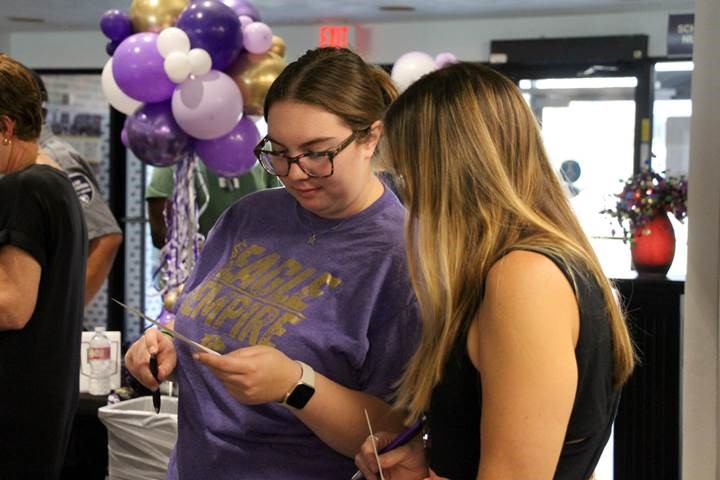

Academic advisors help guide students to graduation. They can also work as a point person when issues arise in class (Irlbeck et al., 2014). At Avila, students are required to meet with these professionals once per semester. This creates a working relationship, helping advisors direct students to additional resources, change majors based on interests, or add minors that would compliment their degree and career goals.
10. Celebrate Accomplishments!
First-generation college students are often talked about as lacking something. This creates narratives that lead to imposter syndrome and feelings of diminished self-worth or self-respect (Holden et al. 2021; DeRosa & Dolby, 2014). Colleges need to flip the script and focus on asset thinking, focusing on first-generation students’ strengths rather than deficits. At Avila, we are hosting “First Gen Celebration Week” to reiterate the accomplishments of these students. Hosting a celebration also allows all first-generation students to look around the room and see they are not alone—this connection of celebration further drives the resilience of these students, especially when they can see themselves in and among their peers.
Resources
DeRosa, E. & Dolby, N. (2014). “I don’t think the university knows me.”: Institutional culture and lower-income, first-generation college students. Interactions: UCLA Journal of Education and Information Studies, 10(2).
Friend, S. (2019). How mentorship can help first-generation students thrive. Modern Campus. Retrieved from https://sapro.moderncampus.com/blog/how-mentorship-can-help-first-generation-students-thrive
Holden, C. L., Wright, L. E., Herring, A. M., & Sims, P. L. (2021). Imposter Syndrome Among First- and Continuing-Generation College Students: The Roles of Perfectionism and Stress. Journal of College Student Retention: Research, Theory & Practice, 0(0). https://doi.org/10.1177/15210251211019379
Irlbeck, E., Adams, S., Akers, C., Burris, S., & Jones, S. (2014). First generation college students: Motivations and support systems. Journal of Agricultural Education, 55(2), 154-166.
Olson-Morrison, D. & Illum, P (2023, June). Building resiliency and fostering success in first year college students. NASPA, Kansas City, MO.
